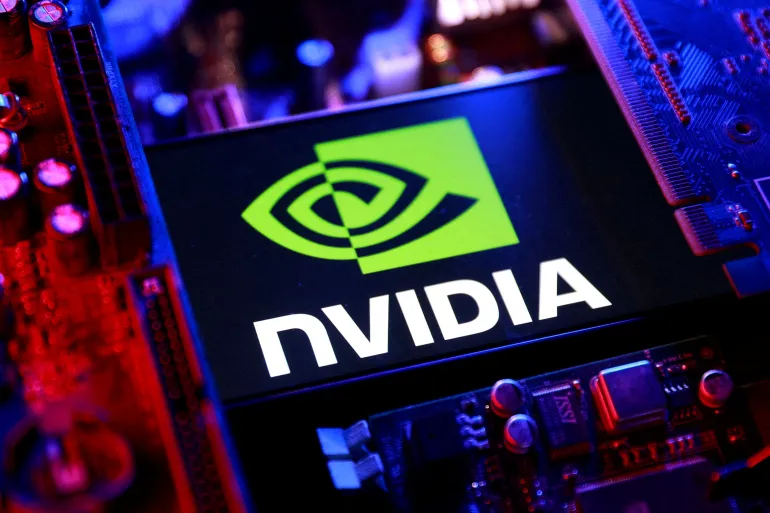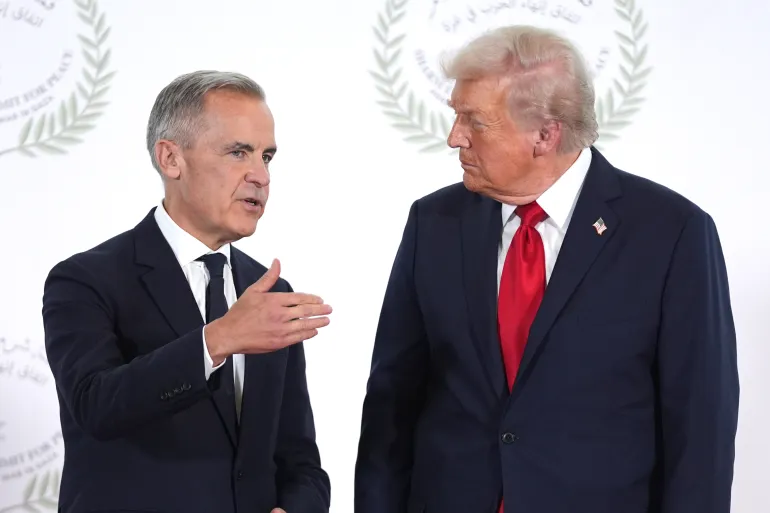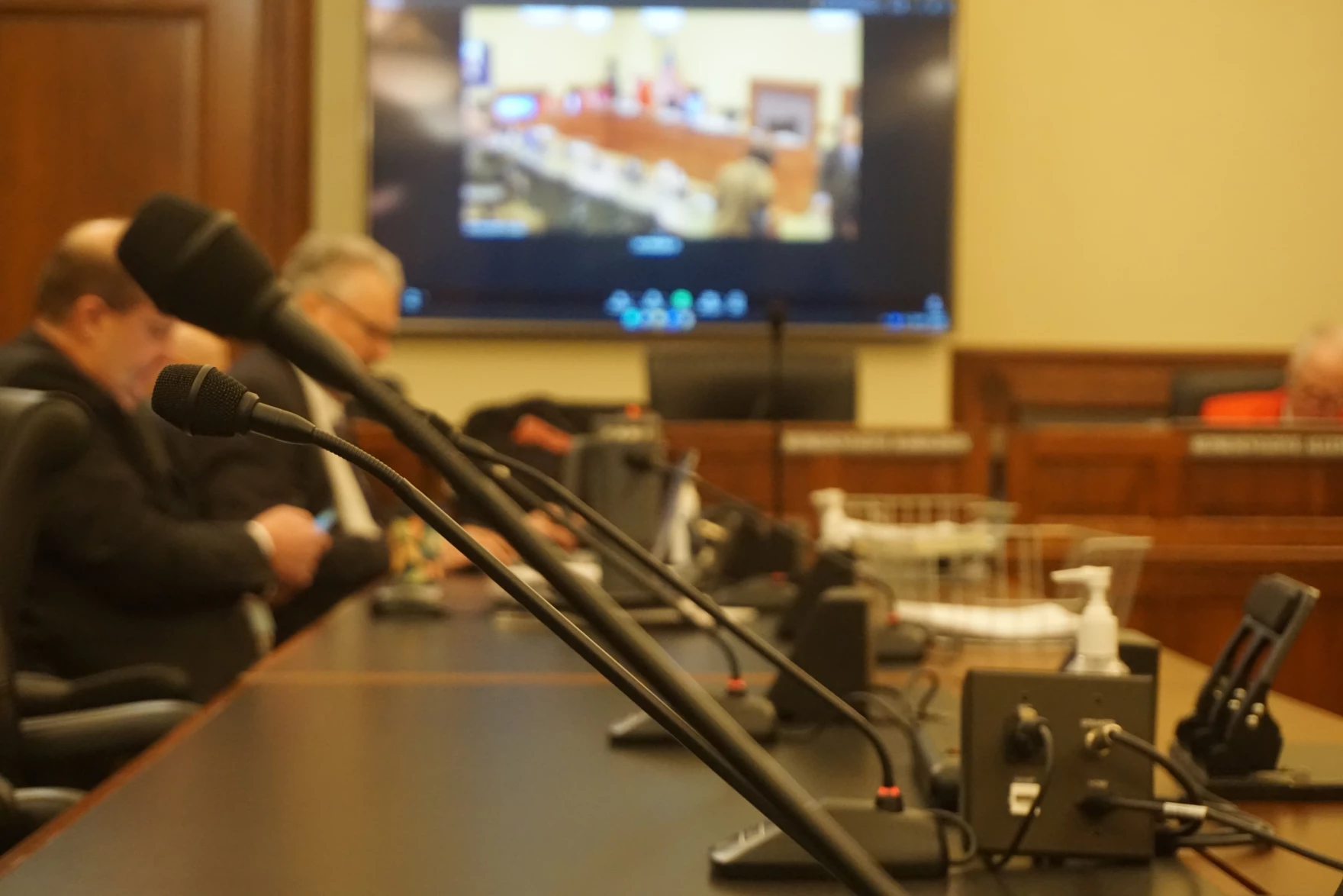Bloomberg, CNN, the New York Times, and Investor’s Business Daily contributed to this report.
Elon Musk spent the end of Tesla’s earnings call making his pitch for the most eye-popping pay package in corporate history — not, he insisted, to pad his fortune, but to keep a firm grip on Tesla’s direction.
“It’s not like I’m going to go spend the money,” he told investors. “There needs to be enough voting control to give [me] a strong influence — but not so much that I can’t be fired if I go insane.”
His foil: the proxy-advisory heavyweights ISS and Glass Lewis, which urged shareholders to vote no. Musk blasted them as “corporate terrorists,” claiming passive index funds follow their guidance and could one day help oust him just as Tesla pushes into robots and autonomy.
“I just don’t feel comfortable building a robot army here and… then being ousted because of some asinine recommendations,” he said.
The pay plan on the table would grant options for up to 423.7 million additional Tesla shares — worth close to $1 trillion if the company meets ambitious valuation and operational targets. Musk currently owns about 413 million shares and, depending on the outcome of a Delaware court fight over his 2018 award, could end up near 16% ownership. He’s said he wants roughly 10 percentage points more to feel secure executing his roadmap.
This isn’t Musk’s first proxy showdown. In 2018, despite negative recommendations from ISS and Glass Lewis, shareholders approved his then-record award with 73% of the non-Musk float; after a Delaware judge tossed it earlier this year, a revote passed with 84% approval. The latest package has again drawn no-votes from the advisory firms over size and dilution concerns.
Tesla’s board argues the carrot is necessary to keep Musk’s focus amid his other ventures — SpaceX, xAI (and its ownership of X), and more — and to push Tesla toward supercharged goals in AI, robotaxis, and humanoid robots.
“Retaining and incentivizing Elon is fundamental to Tesla becoming the most valuable company in history,” the company says.
Critics counter that the prize is simply too big and that Tesla’s near-term business — EV margins under pressure, price cuts, policy shifts — needs clearer attention and accountability. Musk’s answer is that control matters more than cash: if Tesla really is on the verge of a “robot army” and self-driving at scale, he wants enough votes to see it through — and just enough of a leash that shareholders can still pull it if he veers off the rails.









The latest news in your social feeds
Subscribe to our social media platforms to stay tuned